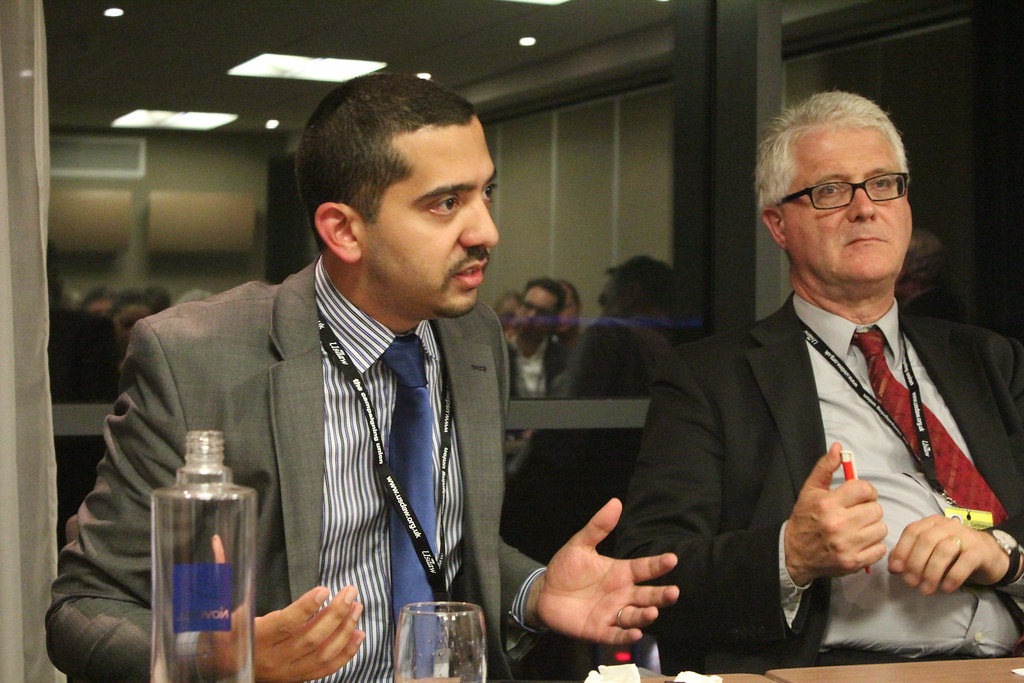Understanding the Influence of Iran in Iraq: Insights from a Combat Veteran
In a recent episode of the Shawn Ryan Show, a combat veteran shared his insights on a topic that continues to shape the geopolitical landscape of the Middle East: the growing influence of Iran in Iraq. The episode, titled “Combat Veteran: ‘Now Iran Basically Controls Iraq’,” delves into the complexities of this relationship and its implications for both nations and the broader region.
The Context of Iran-Iraq Relations
The history of Iran and Iraq is fraught with conflict, especially highlighted by the devastating Iran-Iraq War in the 1980s. However, in the years following the U.S. invasion of Iraq in 2003, the dynamics shifted significantly. With the fall of Saddam Hussein’s regime, Iran began to extend its influence over Iraq, leveraging various political, military, and social tools.
The combat veteran featured in the episode articulates how Iran has effectively positioned itself as a dominant player in Iraq. Through a combination of support for Shiite militias, political alliances, and economic ties, Iran has established a foothold that many argue undermines Iraq’s sovereignty.
Key Takeaways from the Episode
1. Iran’s Strategic Partnerships**: The veteran discusses how Iran has cultivated relationships with various Iraqi political factions, particularly those aligned with Shiite Islam. This has enabled Iran to exert considerable influence over Iraq’s political landscape, often to the detriment of U.S. interests and those of other regional players.
2. Militia Influence**: The episode highlights the role of Iran-backed militias in Iraq. These groups have not only been instrumental in fighting against ISIS but have also been accused of acting as proxies for Iranian interests, further complicating the security situation in the region.
3. Economic Leverage**: Iran’s economic ties to Iraq, particularly in energy and trade, are another focal point of the discussion. The veteran explains how economic dependency can lead to political influence, creating a challenging environment for Iraq to navigate its relationships with both Iran and the West.
4. Implications for U.S. Policy**: The insights shared in the episode raise critical questions about U.S. foreign policy in the region. As Iran continues to solidify its control over Iraq, the United States faces the challenge of recalibrating its approach to ensure regional stability while protecting its interests.
Join the Conversation
For those interested in exploring this topic further, the Shawn Ryan Show offers an engaging platform for discussions on military, war, and geopolitical issues. By joining the channel, listeners can access exclusive content and enjoy ad-free episodes for a nominal fee.
Additionally, the show encourages feedback through reviews on platforms like Apple Podcasts and Spotify, fostering a community of informed listeners who are passionate about understanding complex military and geopolitical dynamics.
Conclusion
The episode featuring the combat veteran serves as a crucial reminder of the intricate web of relationships that define the Middle East. Iran’s growing control over Iraq is not just a matter of regional politics; it has far-reaching implications for global security and U.S. foreign policy. As we continue to analyze these developments, it is essential to engage in informed discussions and seek out credible sources of information.
For more insights and discussions on military affairs, be sure to check out the Shawn Ryan Show on various platforms, including TikTok and Instagram, and consider supporting the show through Patreon. Your engagement helps foster a deeper understanding of the challenges and complexities that define our world today.


